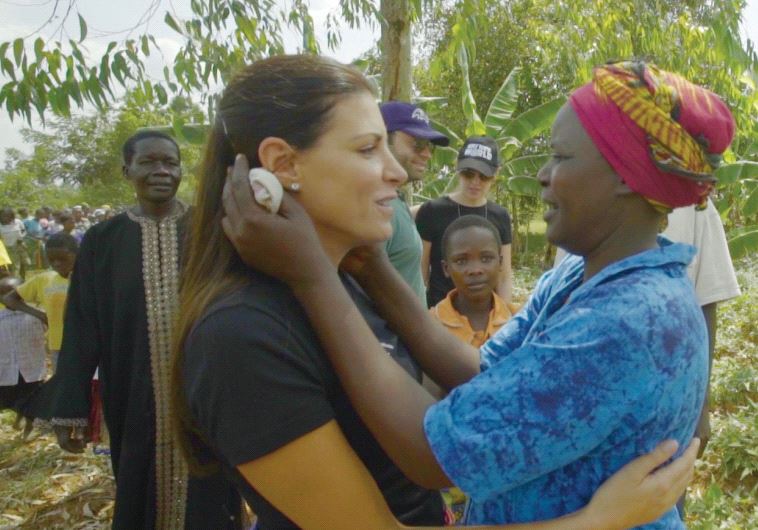innovation:africa, Israeli innovations saving lives in Africa
Now solar energy has been brought to 104 African villages, and one million people have access to water.
 Sivan Ya’ari (left) established innovation:africa in 2008(photo credit: INNOVATION:AFRICA)
Sivan Ya’ari (left) established innovation:africa in 2008(photo credit: INNOVATION:AFRICA)